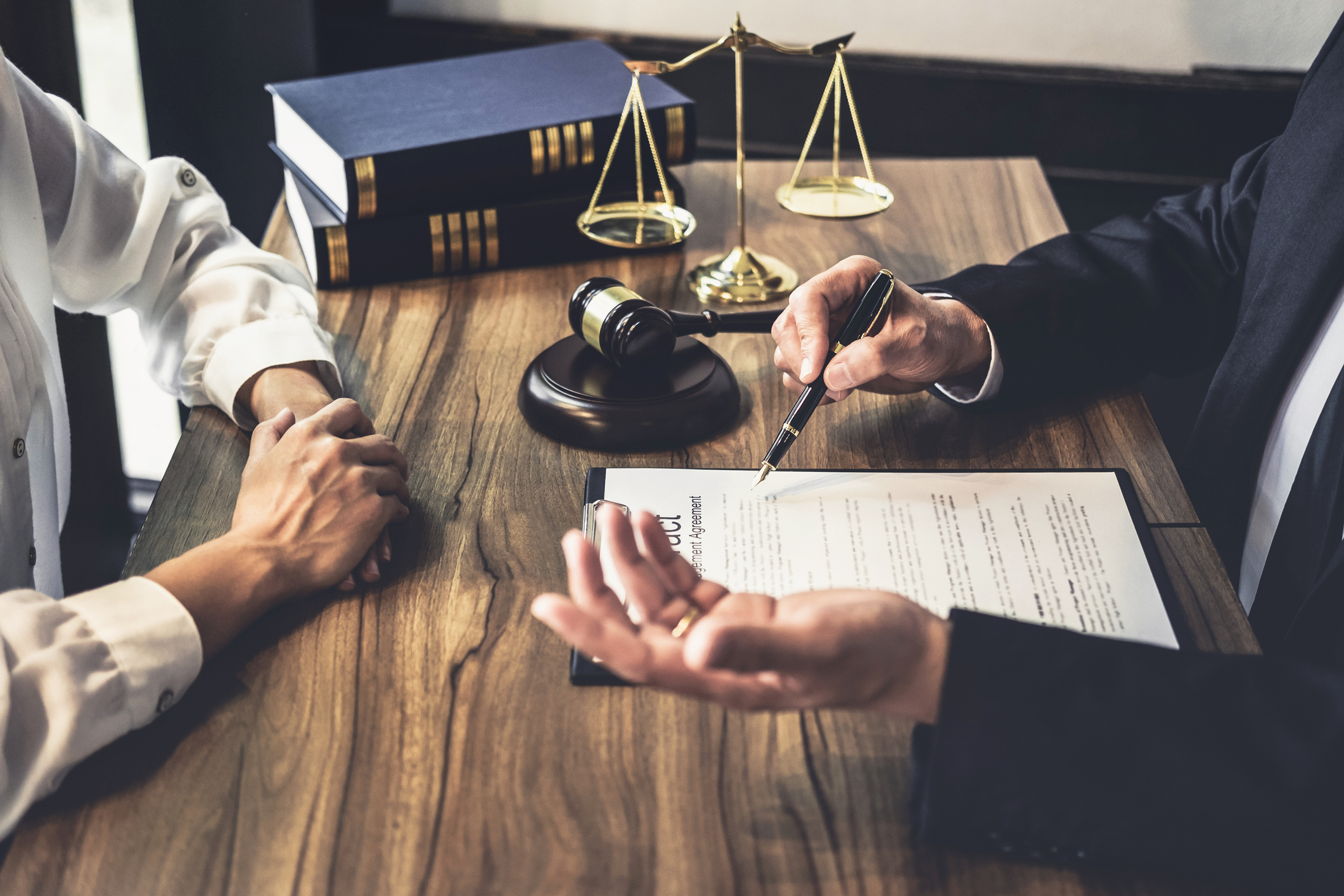
While one can avoid criminal prosecution by not violating the law (e.g., by purposely not speeding and thereby avoiding a ticket), there are also ways one can avoid criminal prosecution without violating the law where the situation becomes more serious. In many cases, however, this is easier said than done.
State and federal criminal prosecutions are founded on probable cause to believe that someone has committed a crime. Criminal prosecutions are usually forecasted before complaints are filed and arrests are made. This interim period is a prime time to seek qualified, and experienced, counsel for direction and advice. There are basically two schools of defense strategy: put your head in the proverbial sand and let the inevitable happen, or aggressively manage your soon-to-be prosecution by getting information from your adversary, the government, through your counsel. By procuring this information beforehand, you are getting a preview of the strength of the evidence against you, which will enable your defense counsel to determine the best approach to take in your case relative to limiting your exposure to the criminal justice system.
During my years of practice, I have always insisted that my clients not give statements, and I immediately request that the prosecution engage in a “limited show and tell” session. Most prosecutors, district attorneys, and U.S. Attorneys will agree to outline proofs against a proposed defendant, and expose factual and documentary evidence that allegedly bolster their case to a level that they believe can convince a jury at trial of a client’s guilt beyond a reasonable doubt. As defense counsel, I can take advantage of a rare opportunity to preliminarily evaluate the evidence with my client in private to verify the accuracy of the prosecution’s case against my client’s interpretation of what he/she actually did. After review with my client, I can determine whether the case should be tried, the feasibility of success (i.e., acquittal), and ultimately my client’s exposure to conviction and incarceration, if found guilty. If I determine that more information is needed, I will make arrangements to meet with the prosecution, either with or without my client, to get a further rendition of the prosecution’s purported evidence.
A criminal defense attorney must be proactive, not reactive. There is nothing in the federal and state criminal codes that prevents defense counsel from affirmatively proving to the prosecution that his or her client is not criminally culpable. I believe that counsel has an ethical duty to do so, before ending up at trial where proof beyond a reasonable doubt becomes in far too many cases an easy reality for the prosecution. The defense must be ready, willing, and able to show from the get-go that his client is not guilty, or at least not as guilty as the prosecution traditionally presupposes, in order to achieve a satisfactory result for the client.
In the end, defense counsel must be creative in presenting a factual, truthful, and feasible defense bolstered by the reality of showing why the defendant is not guilty. To be an effective criminal defense attorney, the burden does shift to the defense (everything else is storybook), especially at trial when a defendant’s freedom and life is at stake.
